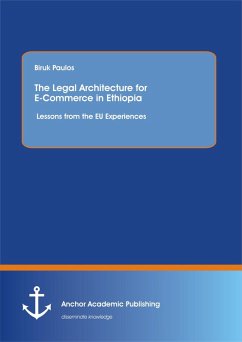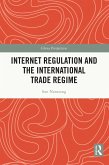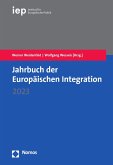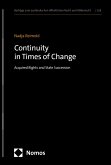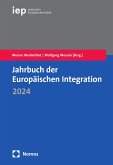The development and spread of the Internet technology across the globe has fomented the use of a wide range of internet based social and commercial services. For instance, social networks like the Face book, the Twitter, The Picasa, LinkedIn, Tagged, .etc and commercial services as in the case of Amazon.com and the eBay online sellers are few of the multitude of online internet services available on various websites(UNCTAD,2013). Besides, governments are using the internet for divergent purposes the central use being for the provision of public services for the general public including electronic payment of bills and electronic taxation. Various Banks also apply the internet technology to provide facility for electronic payment systems across borders (Ibid). Virtually all types of business enterprises (including Large Size Enterprises, Small and Medium Size enterprises), the government and various consumers are engaged in cross-border e-commerce. All of these actors of Cross-Border E-Commerce(CBEC) demand all the facilities that make CBEC possible (e-commerce infrastructure) and a secure electronic business environment (E-commerce security) for any kind of transactions they make based on the internet medium (Ibid). Despite such demand for e-commerce infrastructure and e-commerce security by the actors of CBEC, the general trend of using the internet for e-commerce particularly CBEC is increasing at an increasing rate (Ibid). There are overhanging problems of regulating CBEC at the international level. Indeed, the effective regulation of CBEC calls for the application of the integrated system of regulatory policies, legislations, institutions and technological framework (Ibid). There are prospects that make the regulation of CBEC possible while there are also challenges that thwart it. The development and spread of the use of Internet for E-commerce is increasing year to year in Ethiopia as good as it does in the global system (INSA, 2014). Accordingly, the CBEC has an increasing trend in Ethiopia. The increase in such commerce has faced multiple of legal issues that need to be regulated in an orchestrated system of Policies, legislations, institutions and the adoption of advanced technologies in Ethiopia. An orchestrated system of e-commerce regulation means making the regulatory issues of cross-border e-commerce the front and central concern of policies, legislations, institutions and ICT technologies that in one or other way deal with e-c
Dieser Download kann aus rechtlichen Gründen nur mit Rechnungsadresse in A, B, BG, CY, CZ, D, DK, EW, E, FIN, F, GR, HR, H, IRL, I, LT, L, LR, M, NL, PL, P, R, S, SLO, SK ausgeliefert werden.

